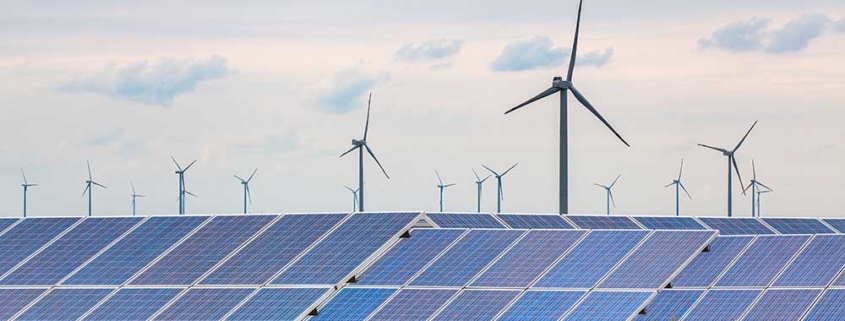Renewable Energy Firm Warns Australian Government Over Targets
Leading independent renewable energy development firm DP Energy has warned Australian parliamentarians that reducing green power targets are damaging damage investment opportunities in that country.
John Thouless, DP Energy’s chief operating officer has written to every MP in the ruling Coalition government to say that the lack of a resolution and continuing uncertainty surrounding renewable energy targets (RET) is having a profound impact on the renewables sector in Australia.
“Our ability to invest in the country and its workforce is being restricted by the lack of certainty,” Mr Thouless says in an open letter. “I would also caution the potential for wider damage to Australia’s reputation as a safe and reliable investment destination and the risk of impact to other sectors.”
DP Energy outlined its plans for wind and solar development with a capital programme value exceeding A$1.5bn. “Unfortunately the pace of our activities and the corresponding investment decisions have continued to slow down and we are urging politicians on all sides to work together to constructively resolve the RET issue,” says Mr Thouless.
Thouless cites the outcome of the statutory review of the RET completed by the Climate Change Authority in 2014 which states: “the target should remain fixed in terms of giga-watt hours to provide confidence to investors.”
DP Energy says it is asking MPs to consider the recent proposal by the Clean Energy Council (CEC). The CEC proposed a moderate reduction in the target, to somewhere in the mid-to-high thirty thousand GWH along with exemptions for Emissions-Intensive Trade-Exposed (EITE) and removal of the legislated two-yearly reviews. DP Energy supports this proposal for the following reasons:
- Despite the lengthy review period no strong case has been put forward as to why the RET should be scaled back;
- The government’s own (non-statutory) review concluded that retention of the RET would act to lower future electricity prices, recent increases in which it had used as a justification for the review;
- The proposal to remove the legislated two-yearly reviews provides the stable and enduring environment in which companies such as DP Energy can make 20 plus year investment commitments;
- Providing an exemption for Emissions-Intensive Trade-Exposed (EITE) industries has wide spread political support; and
- The impact on the renewable industry could be partially offset by an increase in the short-term targets to absorb the current surplus of certificates, consideration of re-profiling the target, and a corresponding extension of the scheme beyond 2030.
It is apparent that some compromise is required to break the current deadlock and there is significant common ground upon which to reach this.



